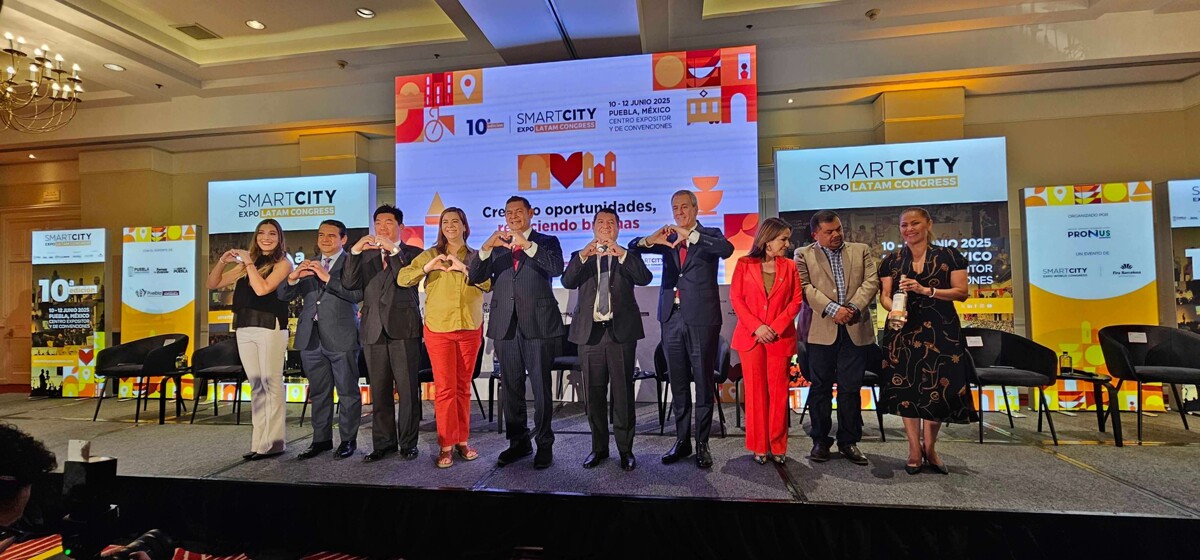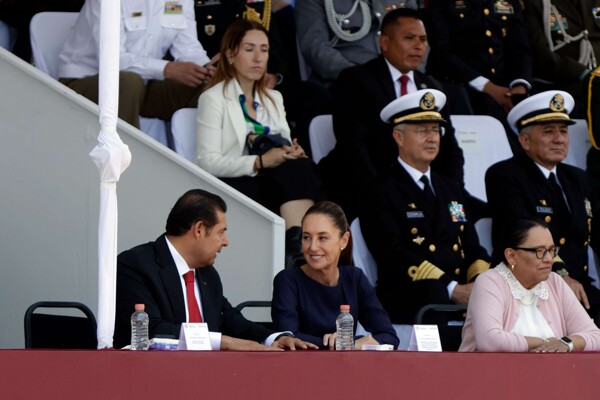
The Smart City Expo Latam event is seen as a unique opportunity for Mexican cities to adopt innovative and sustainable solutions, according to Manuel Redondo Peralta, president of PRUNUS, and Ana Gabriela González, director of operations of the Secretariat of Economy. Both agree that this event symbolizes a commitment to collaboration and inclusive development, which is especially relevant amid the current national and global circumstances.
Redondo emphasizes that Smart City Expo Latam will be key to creating opportunities and reducing gaps through technology and innovation, with a significant economic impact for Puebla and the region in terms of economic spillover and visitor flow that it will attract. Given the urgency of transforming cities with the majority of the population living in urban environments, the event has positioned itself as a strategic platform to close social gaps, promote public-private collaboration, and apply technology to solve critical urban challenges.
The conference highlights the importance of reducing inequalities through technology, with Smart City Expo Latam serving as a driver of social and economic development promoting sustainable cities. Ana Gabriela González mentions the responsibility of cities in the fight against climate change, emphasizing that the event represents a key space to find innovative solutions to public problems, also generating a significant economic spillover through tourism focused on sustainable cities.
The mayor of Puebla, José Chedraui Budib, highlights that Smart City Expo Latam will position Puebla as a reference for sustainable and competitive growth globally, projecting data that reflects its economic impact and international projection. Meanwhile, the governor of Puebla, Alejandro Armenta Mier, emphasizes technology as a tool to distribute wealth equitably and positions Puebla as a technological and innovation hub in Latin America.
The challenge now lies in transforming the ideas discussed during the event into concrete actions that close social gaps and improve the quality of life in the cities of Latin America.














